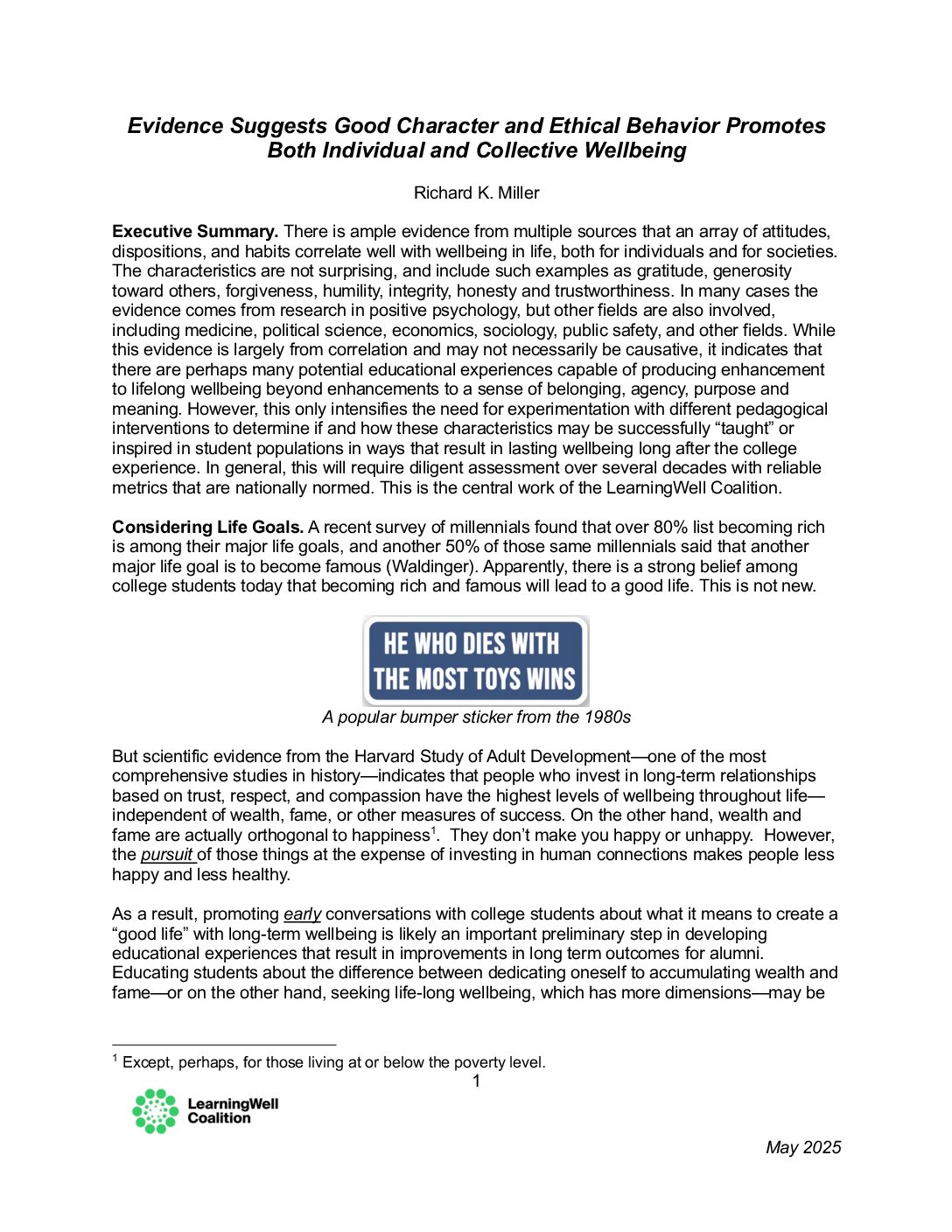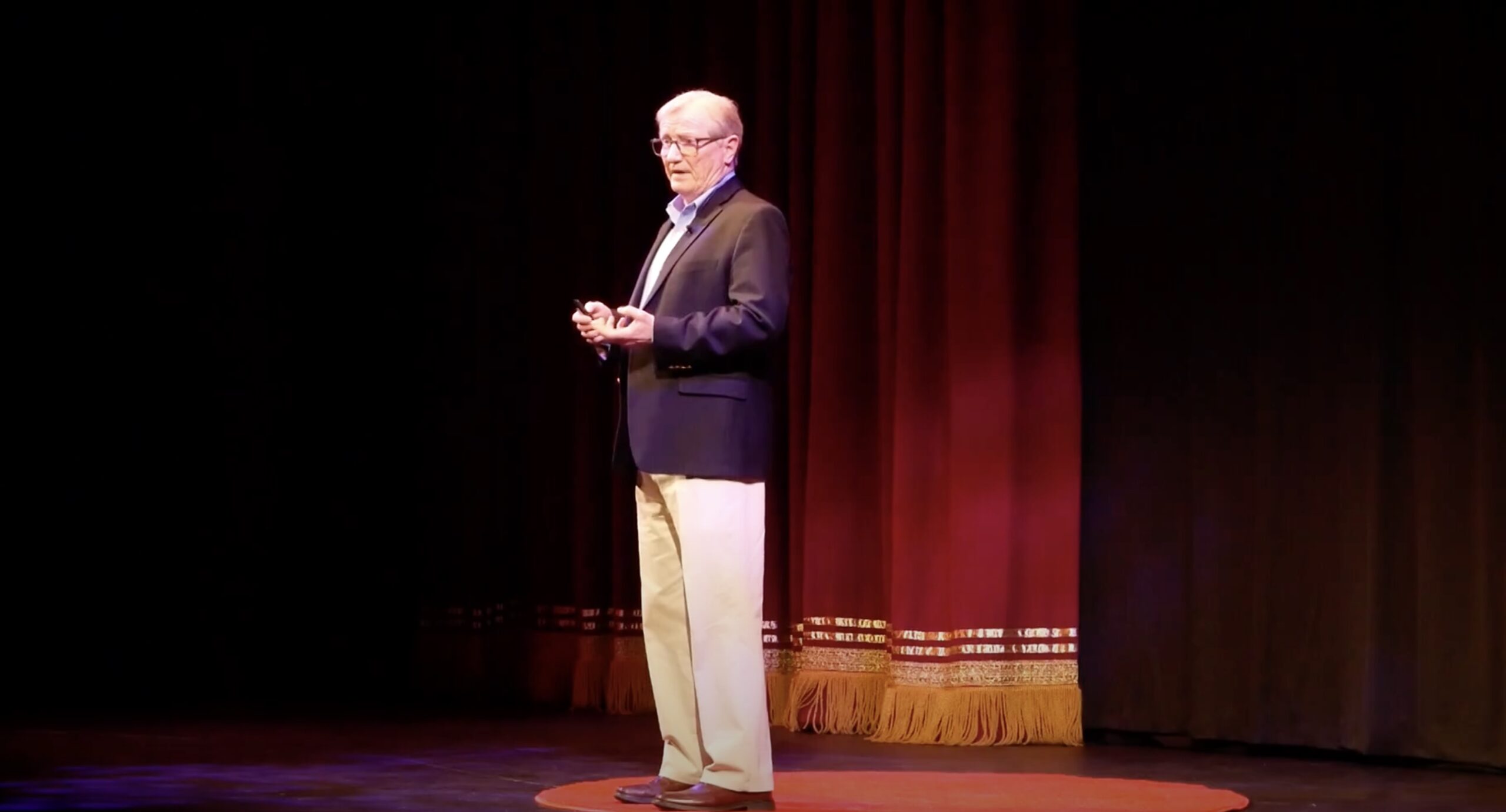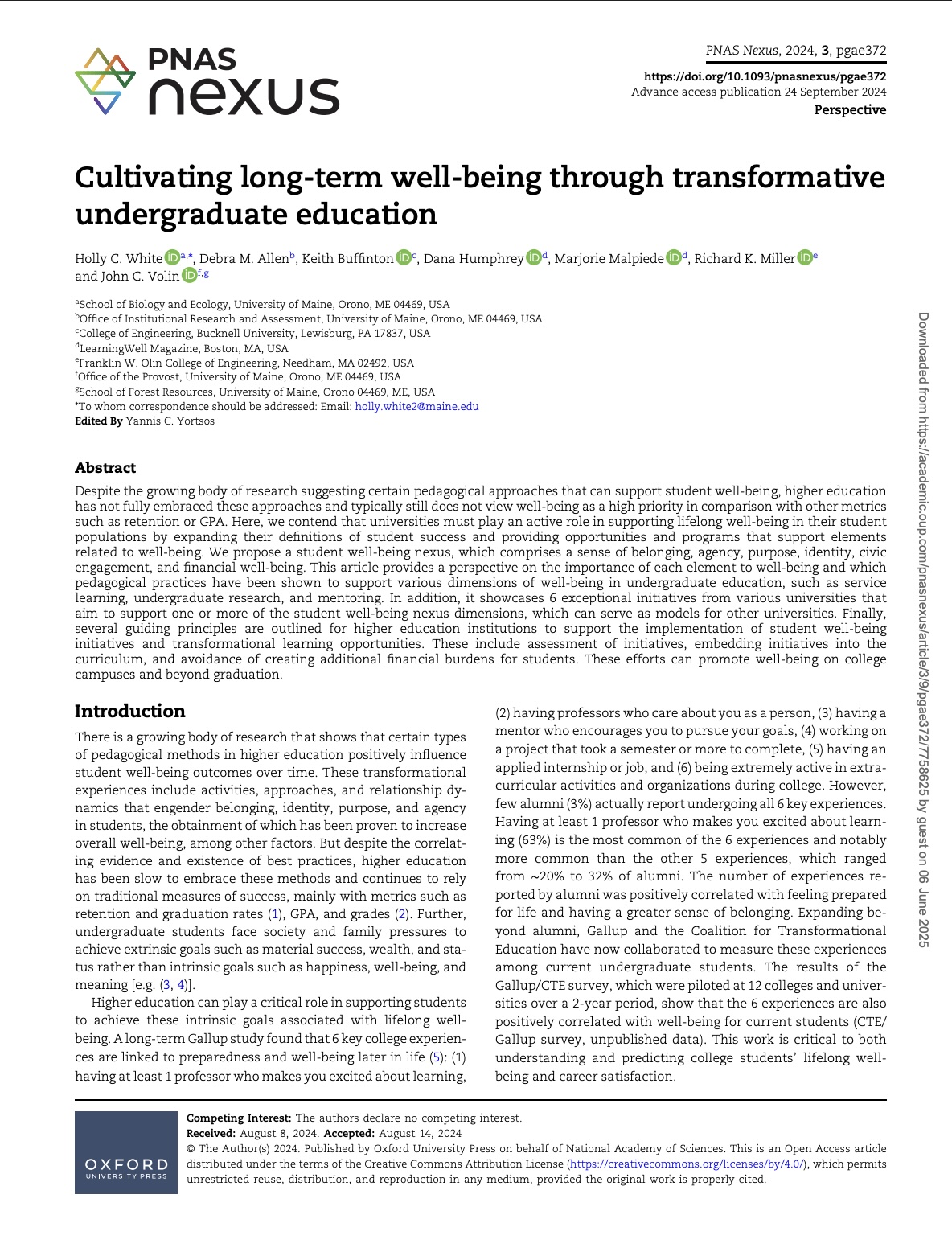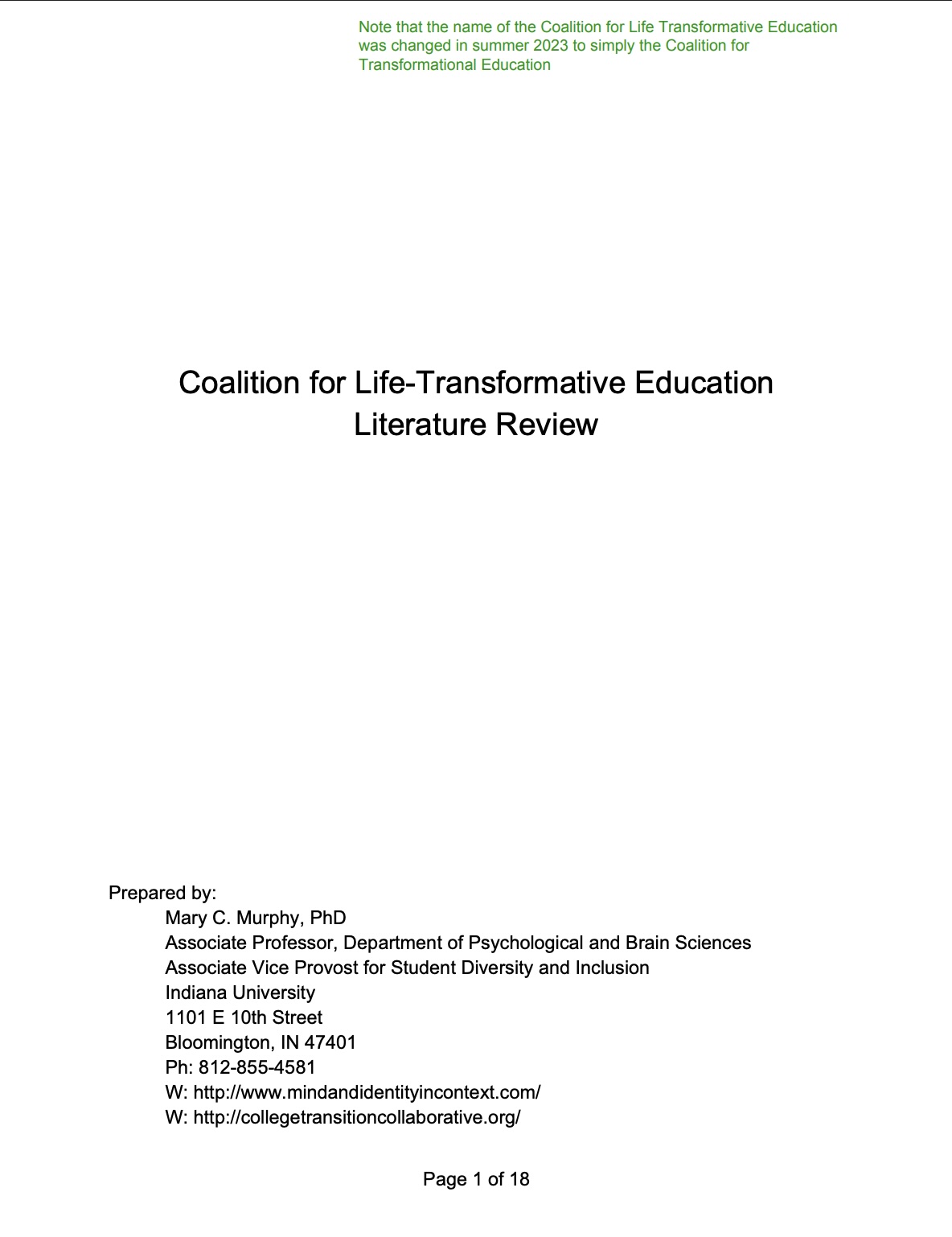Resources
White Paper: Evidence Suggests Good Character and Ethical Behavior Promotes Both Individual and Collective Wellbeing
By Richard K. Miller, PhD
There is ample evidence from multiple sources that an array of attitudes, dispositions, and habits correlate well with wellbeing in life, both for individuals and for societies. The characteristics are not surprising, and include such examples as gratitude, generosity toward others, forgiveness, humility, integrity, honesty and trustworthiness. In many cases the evidence comes from research in positive psychology, but other fields are also involved, including medicine, political science, economics, sociology, public safety, and other fields. While this evidence is largely from correlation and may not necessarily be causative, it indicates that there are perhaps many potential educational experiences capable of producing enhancement to lifelong wellbeing beyond enhancements to a sense of belonging, agency, purpose and meaning. However, this only intensifies the need for experimentation with different pedagogical interventions to determine if and how these characteristics may be successfully “taught” or inspired in student populations in ways that result in lasting wellbeing long after the college experience. In general, this will require diligent assessment over several decades with reliable metrics that are nationally normed. This is the central work of the LearningWell Coalition.
TedXxBucknellUniversity: How to achieve lifelong wellbeing
By Keith Buffinton, PhD
What are the elements of a student’s collegiate experiences that have the greatest impact on their lifelong wellbeing? This TEDx describes the foundational data and research that make clear that students’ relationships and experiential learning opportunities building identity, agency, purpose, belonging, and character are the key. Keith Buffinton is the inaugural Executive Director of the LearningWell Coalition, which promotes lifelong student well-being. He was a faculty member at Bucknell University from 1987 to 2023 and is Dean of Engineering, emeritus. He earned his B.S. from Tufts University and his M.S. and Ph.D. from Stanford University. His career has centered on fostering strong student-faculty engagement, reflected in awards such as Bucknell’s Lindback Award for Distinguished Teaching, Tufts’ “Outstanding Achievement in Mechanical Engineering” award, the Kern Entrepreneurial Engineering Network Dean’s Award, the Charles H. Coder Entrepreneurial Leadership Award, and the Burma-Bucknell Award for intercultural understanding. He currently serves on advisory boards for the Smull College of Engineering at Ohio Northern, the Tufts Center for Engineering Education Outreach, and the Coalition for Transformational Education, and as the Senior Advisor to the Editorial Board of LearningWell magazine. This talk was given at a TEDx event using the TED conference format but independently organized by a local community. Learn more at https://www.ted.com/tedx
Journal Article: PNAS nexus: Cultivating long-term well-being through transformative undergraduate education
By Holly C White , Debra M Allen , Keith Buffinton , Dana Humphrey , Marjorie Malpiede , Richard K Miller , John C Volin
Despite the growing body of research suggesting certain pedagogical approaches that can support student well-being, higher education has not fully embraced these approaches and typically still does not view well-being as a high priority in comparison with other metrics such as retention or GPA. Here, we contend that universities must play an active role in supporting lifelong well-being in their student populations by expanding their definitions of student success and providing opportunities and programs that support elements related to well-being. We propose a student well-being nexus, which comprises a sense of belonging, agency, purpose, identity, civic engagement, and financial well-being. This article provides a perspective on the importance of each element to well-being and which pedagogical practices have been shown to support various dimensions of well-being in undergraduate education, such as service learning, undergraduate research, and mentoring. In addition, it showcases 6 exceptional initiatives from various universities that aim to support one or more of the student well-being nexus dimensions, which can serve as models for other universities. Finally, several guiding principles are outlined for higher education institutions to support the implementation of student well-being initiatives and transformational learning opportunities. These include assessment of initiatives, embedding initiatives into the curriculum, and avoidance of creating additional financial burdens for students. These efforts can promote well-being on college campuses and beyond graduation.
Literature Review: Coalition for Life-Transformative Education
By Mary Murphy, PhD
The Coalition for Life-Transformative Education seeks to create educational environments that not only impart content knowledge and skills but also impart character development and psychological tools such as growth mindset, persistence, motivation, and engagement so that all students can benefit from life-transformative learning experiences. As part of its efforts, the Coalition for Life-Transformative Education is interested in examining the literature on the factors, interventions, and programs that have successfully shaped students’ character, mindset, and other psychological outcomes. This literature focuses on what is known about (a) authentic learning environments (e.g., experiential learning) and (b) emotionally-supportive mentors and how these factors shape students’ social, emotional, and life outcomes (e.g., employment, life satisfaction). The review also suggests (c) additional avenues of intervention (e.g., direct-to-student social and psychological interventions) that help students build character, well-being, growth mindset, and sense of belonging in college that persists over the lifetime.





